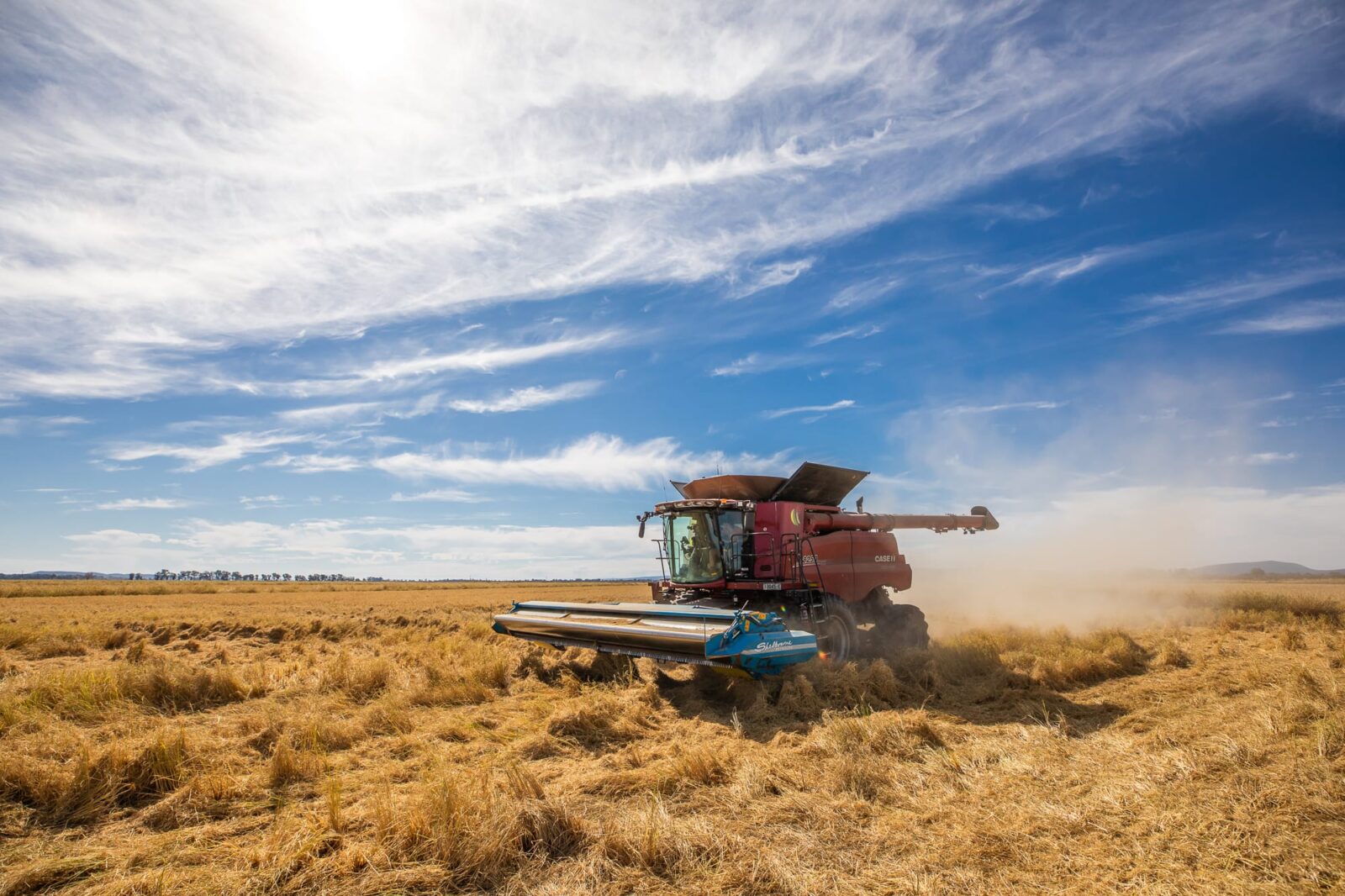Grower insights guiding the next Rice RD&E Plan

 RICE / Monday, 30 September 2024
RICE / Monday, 30 September 2024 
In its second year of operation, the cornerstone project within AgriFutures’ Rice Research, Development and Extension Program continues to advance breeding methods aimed at securing the industry’s future. The not-for-profit partnership between AgriFutures Australia, the SunRice Group and the Ricegrowers’ Association of Australia (RGA) has a particular focus on improving the industry’s long-term water productivity goals to achieve water efficiency, sustainability and profitability.
Growing better with less
RBA CEO Dr Georgina Pengilley highlighted that RBA’s ongoing efforts align with the rice industry’s water productivity target of 1.5 tonnes per megalitre.
“Our goal is to use less water to grow rice. With the technologies we’re using, like molecular genetics, we can select the right varieties early in the program, which gives us confidence that we’re moving in the right direction.”
Data drives smarter breeding
One of the most significant innovations implemented this year was the adoption of marker-assisted selection, a process that helps the team identify which varieties have the highest chances of success before they even enter the field. Senior Rice Breeder Dr. Chris Proud described this as a game-changer for the program, allowing RBA to make more informed breeding decisions.
Dr Proud also pointed to the Northern Rivers trials, which were impacted by an outbreak of blast disease, a fungal disease that was previously not present in NSW.
While this posed a challenge, it also provided a valuable opportunity to determine the level of blast resistance in varieties coming through the program.
“We now have a clearer understanding of how susceptible our current varieties are to blast, which allows us to better prepare for potential outbreaks in the future,” he said.
Cold tolerance, a critical component for the development of high-yielding rice varieties in the future, emerged as a dominant factor in this year’s results.
“Cold tolerance is essential for high yielding varieties in the future and not just during significant cold events,” Dr Proud explained.
“By improving cold tolerance, we can improve the profitability of rice growers and quality of rice produced in the Riverina.”
All systems go
Dr Pengilley emphasised the program’s rapid evolution in its second year, highlighting how the introduction of new equipment, technology and best practices has allowed the RBA team to streamline operations and achieve their goals.
“This year was all about continual improvement across all areas of the program,” Dr Pengilley said.
“It’s not just about the genetics; it’s about how we operate as a company and as a team. The changes we implemented worked exceptionally well, giving the team confidence as we move forward.”
Dr Pengilley credits RBA’s success this year to it operating efficiently with a full team and facilities in place, allowing the breeding program to maximise its progress.
“We were able to do everything the way we wanted this year,” she said.
“The team was excited to witness that the changes we made last year have delivered the benefits we had hoped.”
We’re now in a position where we can push the program even further, developing varieties that meet the industry’s needs, particularly in terms of water efficiency.”
By significantly increasing the number of varieties evaluated in their trials, RBA has greatly improved its ability to identify the most promising varieties.
“We increased the probability of finding the next successful variety in the field trials by five-fold. This coupled with a three-fold increase in numbers coming through the glasshouse is a big leap forward for us.”
A bright future
Looking ahead, both Dr Pengilley and Dr Proud are optimistic about the continued evolution of the rice breeding program.
“What’s most exciting is that the data we’re generating shows that we’re on track to deliver the varieties that will shape the future of rice farming in Australia,” Dr Proud said.
Lucinda Staley, Senior Manager of Levied Industries – Rice, said that AgriFutures Australia has been working hard to support RBA and the continued delivery of the breeding program.
“AgriFutures Australia is focused on developing sustainable rice farming systems in Australia,” said Ms Staley”.
“We want to ensure that the rice industry continues to deliver varieties that allow growers to be profitable and sustainable into the future, and investing in RBA’s work is a crucial part of that” she said.
“We want to ensure that the rice industry continues to deliver varieties that allow growers to be profitable and sustainable into the future,” she said.
To read Rice Breeding Australia’s 2023/24 annual results, visit
Find out more about the AgriFutures Rice Program
 RICE / 30.09.24
RICE / 30.09.24  THOROUGHBRED HORSES / 30.09.24
THOROUGHBRED HORSES / 30.09.24  GLOBAL INNOVATION NETWORKS / 30.09.24
GLOBAL INNOVATION NETWORKS / 30.09.24  WORKFORCE AND LEADERSHIP / 30.09.24
WORKFORCE AND LEADERSHIP / 30.09.24